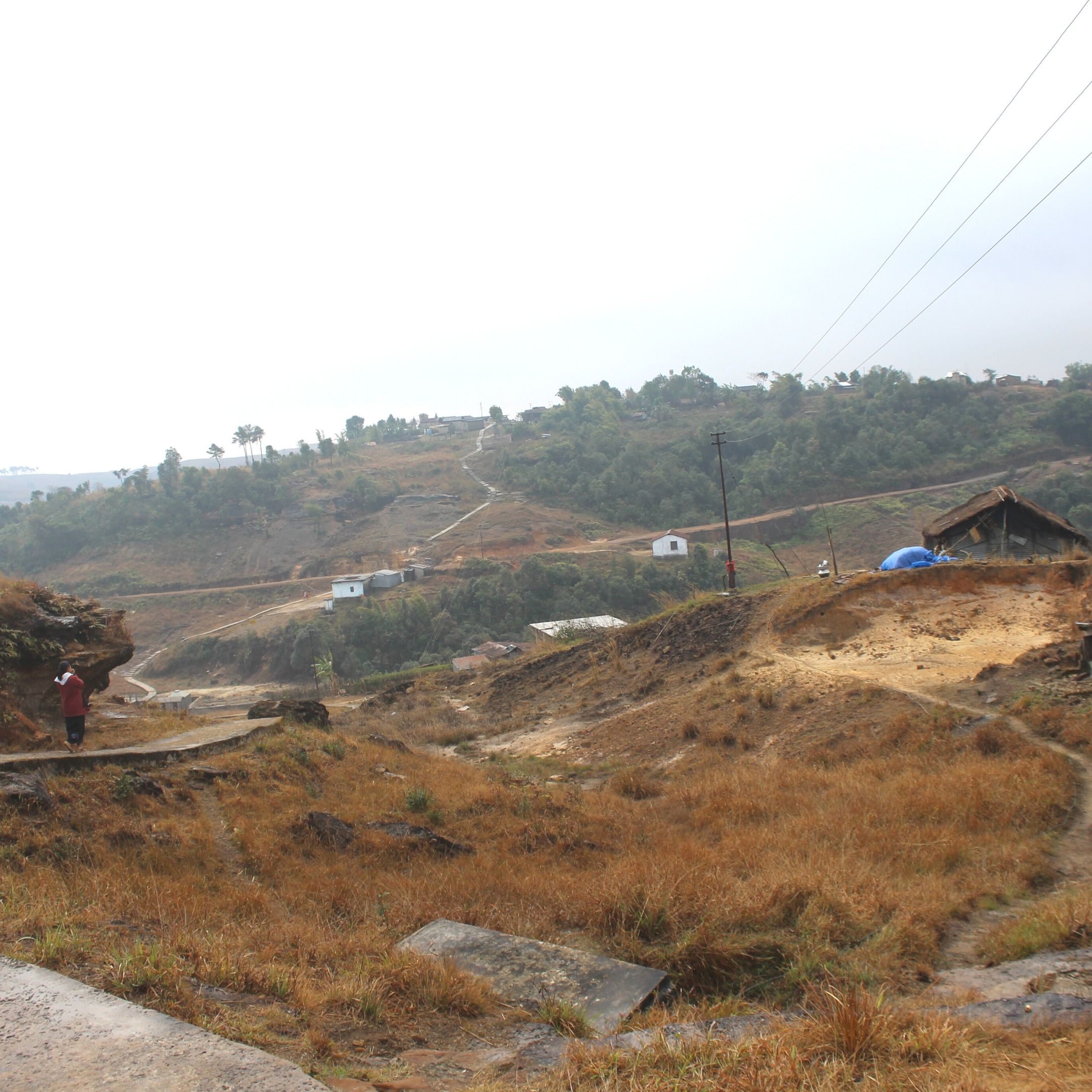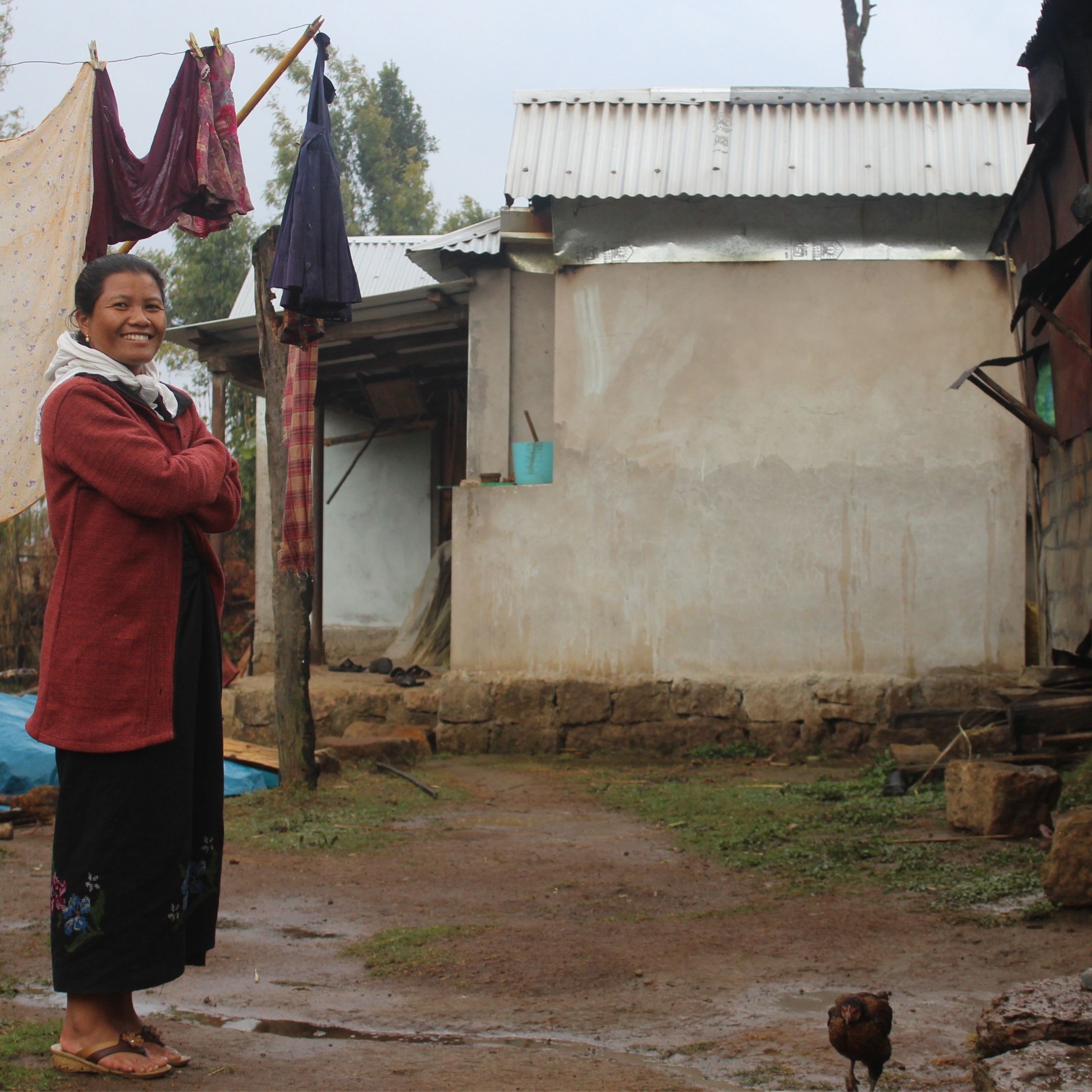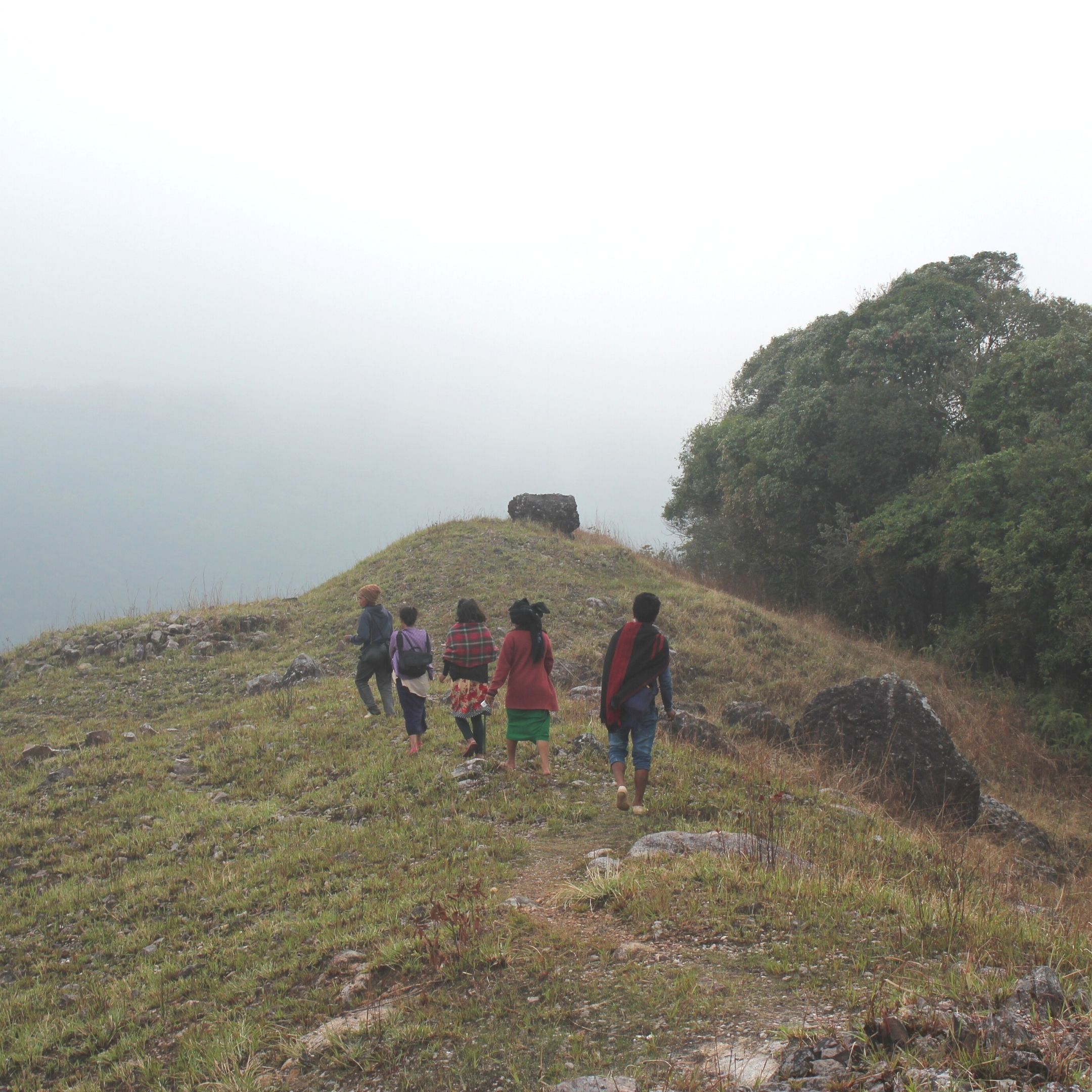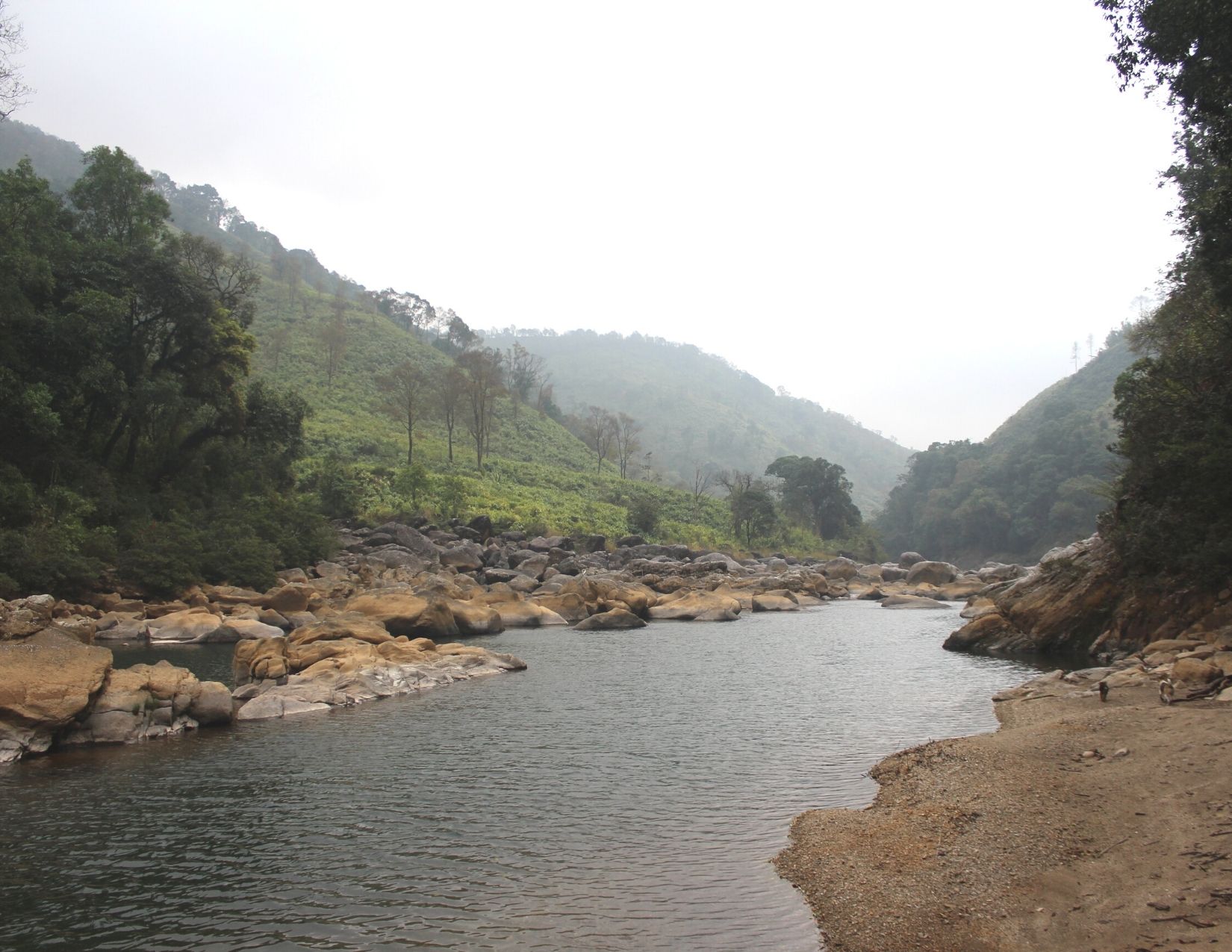The year 2007 marked the inception of the Umngot Hydro Electric Project construction when the initial survey started taking place. Umsawwar community, of Mawkynrew C&RD Block, East Khasi Hills, which presently homes 529 people, has always been at the forefront of protesting against this project since 2012 till date.
NESFAS has been working with Umsawwar village for the last 4 years. They are one of the most progressive villages that have been at the forefront of many empowering initiatives. Women also play an important role in the local dorbar, which has allowed their induction as executive members in the village, which makes them one of the few villages, which have done so. They also have a Youth Parliament, which has been very active in looking after the well being of the community. Taking all the stakeholders into consideration, the village has resolved not to part with land for the construction of the Umngot Hydro Electric Project. Thus if the dam is built it will go against Articles 25, 26, 31, and 32 of the UN Declaration on the Rights of the Indigenous Peoples to which India has also signed.
This violation will adversely impact the local community considering the stellar role it has played in acting as custodian to the local environment which they consider as Mei-Ramew and treat it to be sacred. This relationship has developed over many generations of interaction with the local environment leading to the formation of the many tangible and intangible assets crucial to the survival of the community. The dam will destroy these assets and snap the community’s link with this sacred space. To make it worse, many of the benefits cited in the Draft Environmental Impact Assessment (EIA) Report will not materialize. Instead, it will bring about negative impacts on the local community’s life.
Land under shifting cultivation has been underestimated and its benefits ignored; measures to control shifting cultivation are not viable, lacks cognizance of local conditions, redundant, and threatens food security. Loss of forest will impoverish the local community. The compensation for livelihood loss does not cover all those affected by Project’s admission (only 30% will probably get employment). Social conflicts will arise because of migration. Loss of biodiversity could create conditions for the outbreak of another Covid-19 type pathogens, destroy the goods and services provided by nature and threaten productivity, adaptability, and resilience of the local environment. The project will have major climate change implications destroying the rich agrobiodiversity (one of the affected villages Umsawwar has more than 280 food plants and is the third highest in Meghalaya and highest in East Khasi Hills district), which has tremendous scope for sustainable livelihood generation, and combat malnutrition.
Umsawwar and NESFAS, therefore, want to make the following suggestions:
- Instead of a high-impact project like the proposed Umngot Hydro Electric Project, the focus should instead be put on other sustainable solutions like solar energy. This is something even the Government of India is pushing for aggressively.
- A greater appreciation of the existing local socio-economic and demographic conditions while formulating any interventions.
- Interventions to improve the socio-economic condition of the community should focus on the local agrobiodiversity, which is based on their indigenous knowledge.
- Prevent the emergence of another pandemic that has already devastated the world economy.
- Appreciate the value of goods and services that the local environment provides for the local community and avoid interventions that threaten the long-term sustainability of the local community and ecology.
- Empower communities like Umsawwar (one of the project-affected villages), a lighthouse when it comes to many sustainable practices that have important implications for social justice, climate change, and nutrition among others.
NESFAS and Umsawwar would like to request the government of Meghalaya to reconsider the project in light of the unimaginable loss that it will inflict on the indigenous communities of Meghalaya and the solutions that it holds for a sustainable future.
NESFAS has also sent a letter to the Meghalaya State Pollution Control Board against the Umngot Hydro Electric Project construction. (Link below)
 Translate
Translate








